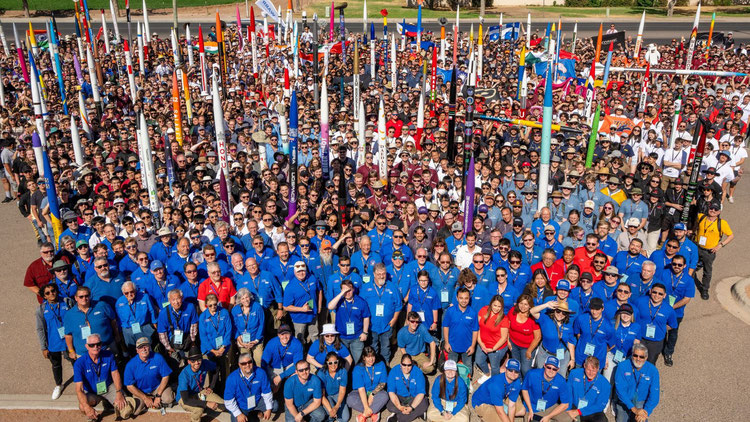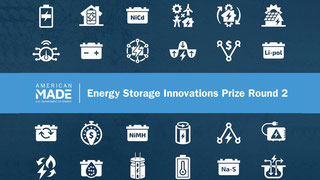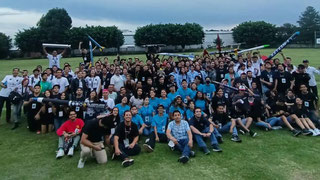IREC Update
Thank you all for your patience as we consider new sites to enhance the event and engineering challenge in 2025. To keep everyone informed, I want to review our key evaluation criteria and how possible sites are progressing. At present, we have multiple good new site options, but each requires federal permitting of some kind. Given the U.S. holidays and upcoming change of administration, we anticipate permitting feedback no earlier than January 20. Multiple congresspeople are involved to aid this process and secure the event for their states and districts.
Hosting City: Must demonstrate the ability to host an event of this size, be within 3 hours of an international airport, have sufficient accommodation options (Hotel, Airbnb, VRBO, or dorm rooms) for 2,500 attendees, and have local chamber of commerce support.
Convention Center: It needs to comfortably accommodate 2,500 people, including space for poster and rocket displays, sponsor exhibit booths, flight readiness reviews, podium sessions, and vendor rooms.
Awards Ceremony Facility: Preferably a basketball arena-style facility with stadium seating.
Launch Site: Must have a 50-100k waiver, 5 square miles of launch/recovery space with minimal vegetation and no trees, a large area for team prep tents and ESRA Operations, and the ability to store containers on-site year-round.
Sites Identified:
Cedar City, Utah: ESRA visited Cedar City, Utah, led by Gary Rosenfield from Aerotech/RCS. Cedar City, known as Festival City, is experienced in hosting large events. The Southern Utah University campus provides large meeting spaces and awards ceremony facilities that meet our requirements. The launch site requires land use permits from the BLM and airspace permits from the FAA.
Midland Spaceport, Midland, Texas: ESRA will visit Midland on 12/30. Our meetings with Spaceport executives and the local chamber of commerce suggest that this site will meet our objectives. This site already has an FAA waiver but will require updating to a higher altitude. We'll provide an update after our visit.
Spaceport America: Despite challenges scaling the event, Spaceport America has been a great partner and the event may return there in 2025. If the event returns, categories and altitudes will be identical to 2024.
We expect to finalize the site selection by the end of January and apologize for any inconvenience caused.
Next Updates:
1. We will provide an update on the Midland Spaceport after our visit on 30 December.
2. We will announce a Town Hall meeting in early January.
3. We will provide permitting updates at the end of January. Permitting status is the key information needed to finalize site selection.
We recognize we must balance the benefits of a new site against the costs of delay. Thank you for your patience and we will continue to provide updates.
Closing:
Thank you to the teams for their patience. The ESRA staff is dedicated to enhancing your experience and increasing the engineering challenges each year. It is my great privilege to make this happen.
Wishing you and your families happiness and prosperity this holiday season and in the new year.







